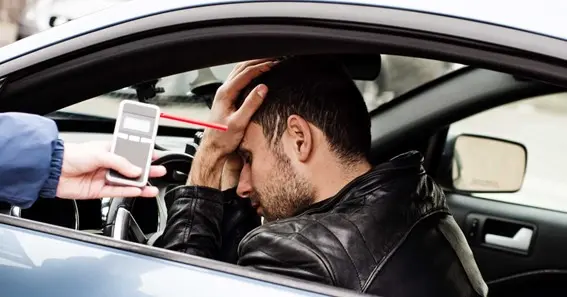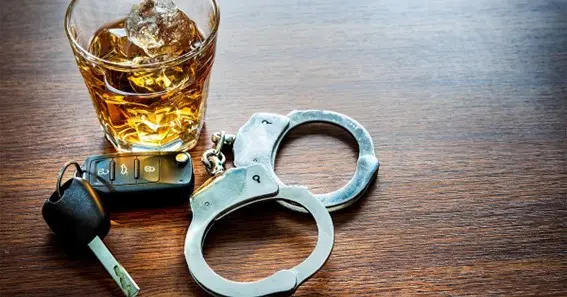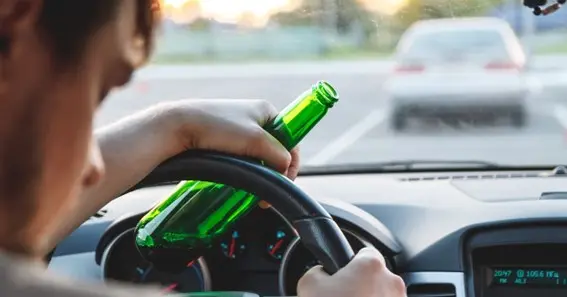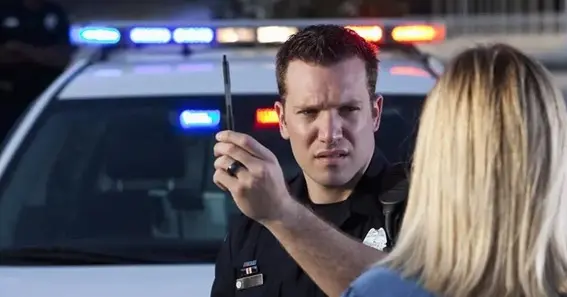What is an owi? OWI is a serious offense for drivers under the influence of alcohol (.08) or drugs. It’s crucial to appreciate the seriousness of an OWI accusation and its legal consequences. To navigate the legal procedure and preserve your rights, you must learn OWI statutes. Keep reading to learn about the OWI. Now let’s explore more about What is an owi.
What Is An OWI?
OWI is known as the Operating While Intoxicated. Someone is driving a car with more alcohol in their blood than is allowed. All fifty states allow an adult’s blood alcohol level to be.08 percent. It drops to .02 percent if you are younger than twenty-one. To get to this level, you have to pass field awareness tests, such as walking in a straight line or standing.
A breathalyzer is another device that can determine your BAC. All 50 states have laws about “implied consent.” When you get your license, you agree to these laws, but they can usually only be used against you after you’ve been caught.
Legal Process of an OWI Case

To properly navigate the OWI legal procedure, you need competent attorneys to help you and safeguard your rights. If you know a lot about OWI rules, you can make smart choices and build a good defense that might help you get the charges reduced.
Arrest, booking, and court appearance

Police will book you at a local station after an OWI arrest. During booking, your personal information, fingerprints, and BAC may be tested. You will be charged and able to enter a plea at your first court appearance after booking. At this time, you must see a lawyer to comprehend the allegations and examine your defenses.
Pre-trial and plea bargaining

The Plea talks and pre-trial discussions are very important parts of the OWI legal process. Throughout these sessions, the defendant and prosecution can negotiate a win-win solution. Pre-trial talks and plea bargaining can lower charges or fines, saving time and money for everyone. Working with an experienced OWI lawyer during this stage is essential to navigate the procedure and achieve the best result. Understanding and engaging in pre-trial talks and plea bargaining can greatly affect OWI verdicts and penalties.
Possible trial results
If the case against you is weak, you could go to court. This means putting forward proof, asking witnesses, and arguing. Learning more about the charges against you and talking to a lawyer can help you handle an OWI charge more easily and make smart choices that will protect your future.
OWI vs DUI

There are many names out there, but they all mean the same thing: someone is impaired while driving a motor vehicle. There are fifty states and different agencies. But their language is a little different. The two main ones are OWI and DUI:
If you live in a certain area, the general meaning of OWI includes both “intoxicated” and “impaired.” One of the most common differences is that “intoxicated” only means drunk, while “impaired” means any impairment. This can include feeling sleepy.
Any substance that impairs driving performance is considered it. To put it simply, it’s anything you drink or smoke that makes you less capable of operating a motor vehicle. But these words are usually used to mean the same thing. Where you are at the time makes all the difference. The states choose the name.
Conclusion
So, what is an owi? If you’re drunk and driving (OWI), you put other people in danger, get in crashes, and also face legal problems. To stop people from driving while impaired, strict regulation and instruction are very important. Putting sober travel choices first and knowing how serious OWI is can save lives and make communities safer. This was all about what is an OWI.
FAQ
What distinguishes a Wisconsin DUI from an OWI?
This crime OWI is known as Operating While Intoxicated in Wisconsin. It’s also known as DUI, drunken driving, or operating while intoxicated.
Is OWI in Michigan worse than DUI?
To answer the question, “How do the laws for OWI vs. DWI compare?” You now know that driving while distracted or drunk is the same crime. The terms on the ticket that the police officer gives you will be different, but you will face the same crime.
I got a DUI in Wisconsin. Can I fight it?
Even though there are bad things that could happen, working with a Wisconsin OWI lawyer who knows the law and the court system can help you get your charges reduced or dropped altogether.
How do I get a DUI in Iowa?
Evaluate your drug abuse and follow any treatment suggestions made by the examiner. Finish a state-approved course on how to drive safely while drinking.
How much does an OWI cost in Iowa?
Your first time you were driving while drunk is a dangerous misdemeanor. If convicted, the minimum prison time is 48 hours, and the civil penalty is $1,250 or $1,250 with a 15% surcharge. Driver license revocation will last 180 days to one year.
Here are some similar topics to watch out for What Does Phantom Tax Mean?
Sources:
https://www.withevident.com/learn/what-is-an-owi
https://michigancriminaldefenseattorneys.org/meaning-of-owi-in-michigan
https://www.insuranceopedia.com/auto-insurance/owi-vs-dui
We have covered all the below topics in the above article
OWI definition
OWI meaning
OWI acronym
Operating While Intoxicated








